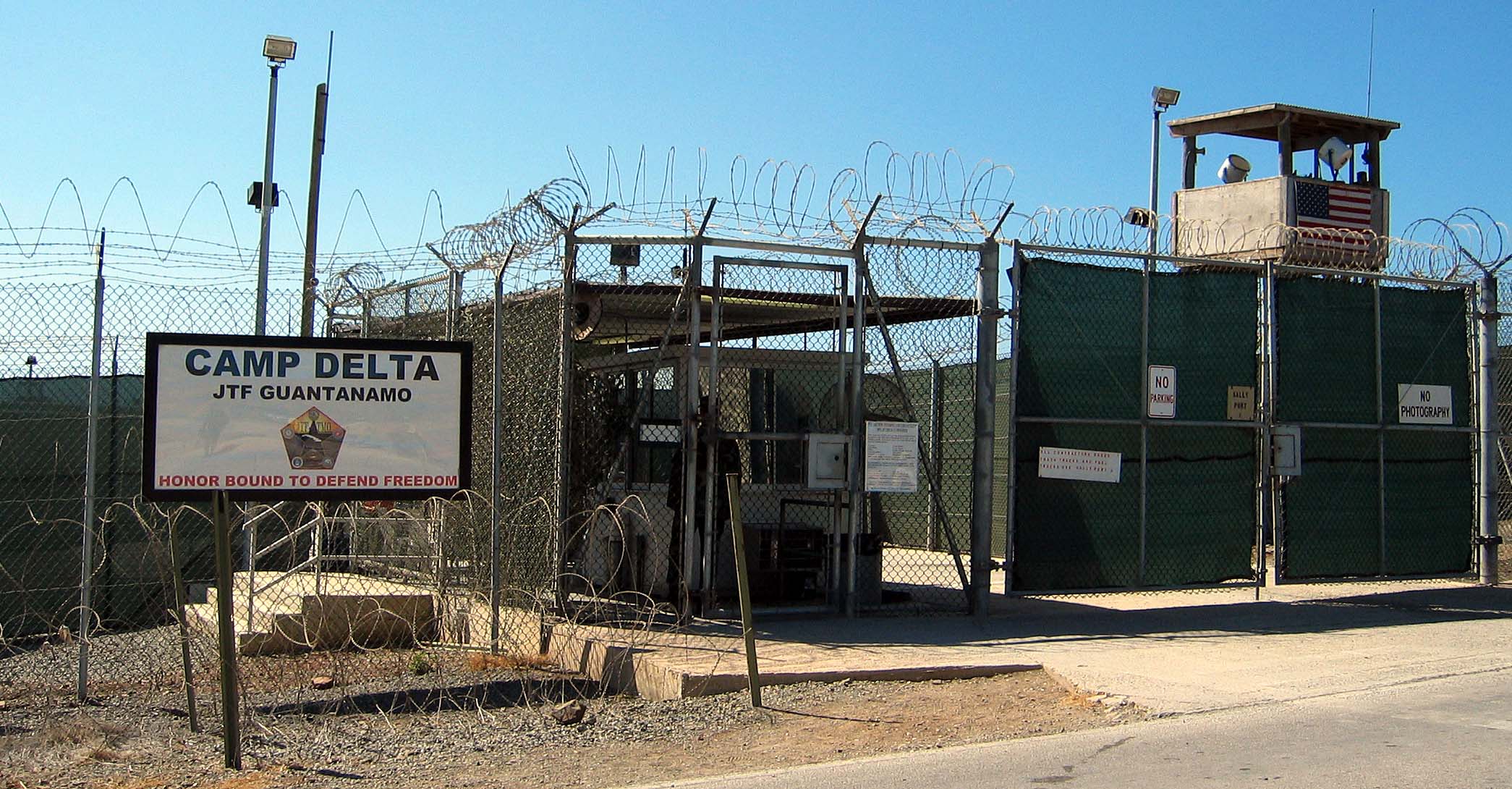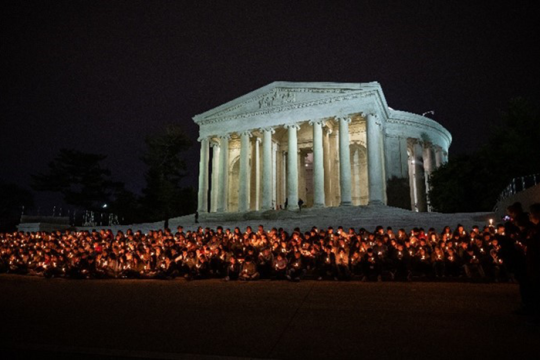
Amidst the scramble to pass a budget and settle the debate over health care, another budget bill is winding its way through congress. The National Defense Authorization Act (NDAA) is an annual bill which sets the budget and expenditures for the Department of Defense and also includes other provisions on issues like the prison at Guantanamo Bay, torture and interrogation techniques, cyber security, and congressional authorization for use of military force.
The NDAA passed through the House on July 14, supporting a $696 billion defense budget, which far exceeds the President’s $603 billion defense request. After last week’s late night vote to strike down the “skinny repeal” of the Affordable Care Act, the Senate is expected to vote on their version of the bill, which authorizes $700 billion in defense spending for the Pentagon, in early August, before they leave for recess. Senator Mitch McConnell (R-KY) proposed to move to the NDAA around 1:30 am on Friday morning, after the health care vote had concluded, but Senator Rand Paul (R-KY) objected. Reports indicate that Senators John McCain (R-AZ) and Jack Reed (D-RI), chairman and ranking member of the Senate Armed Services Committee, respectively, have reached a bipartisan agreement on amendments to the NDAA. This could make the NDAA process go more smoothly.
In the past, the NDAA has been a vehicle for debate and provisions on our nation’s policies regarding the prison at Guantanamo Bay, Cuba. The 2011 NDAA passed Congress with a provision that formalized and legalized U.S. practices of indefinite detention, both abroad and domestically, of citizens and non-citizens alike. The 2012 NDAA included sections that allow the military to indefinitely detain American citizens on U.S. soil who allegedly "substantially supported al Qaeda, the Taliban, and associated forces.” The 2016 NDAA, passed and signed in November 2015, contains restrictions that make closing Guantanamo more difficult. The 2016 bill prohibits the use of torture and enhanced interrogation tactics.
This year, those conversations seemed to be missing from debate and the 2018 NDAA looks as if it will uphold all previously-passed transfer and budget restrictions that make closing Guantanamo nearly impossible. Despite this congressional inaction on our indefinite detention policies, we cannot forget about the 41 individuals who are still being held, without trial or sentence, in the prison at Guantanamo Bay, as well as the indefinite detention policies that have put them there and the torture that has occurred.
During the campaign, then-candidate Trump indicated that he would support filling up Guantanamo again and using torture tactics, but fortunately has not made good on those positions. But, to maintain the status quo and keep the prison open indefinitely neither relieves the United States from the human rights abuses of Guantanamo or the potential dangers posed to the U.S. by some of the prisoners there.
As Jews, we understand that to strike the proper balance between self-defense and treating others with humanity is a fine line to walk, but a necessary one. In a 2008 Resolution on Closing the Detention Center at Guantanamo Bay, the Commission on Social Action of Reform Judaism stated, “while we must remain committed to providing law enforcement with the tools necessary to combat terrorism at home and abroad, we remain equally committed to preserving the principles and ideals that the terrorists want to destroy.”
Visit the RAC’s website to learn more about our work on issues of torture and indefinite detention.
Related Posts

Why is this Right Different?: City of Grants Pass, Oregon v. Johnson and the Passover Call to Action

Highlights from the 2023-2024 L'Taken Season


